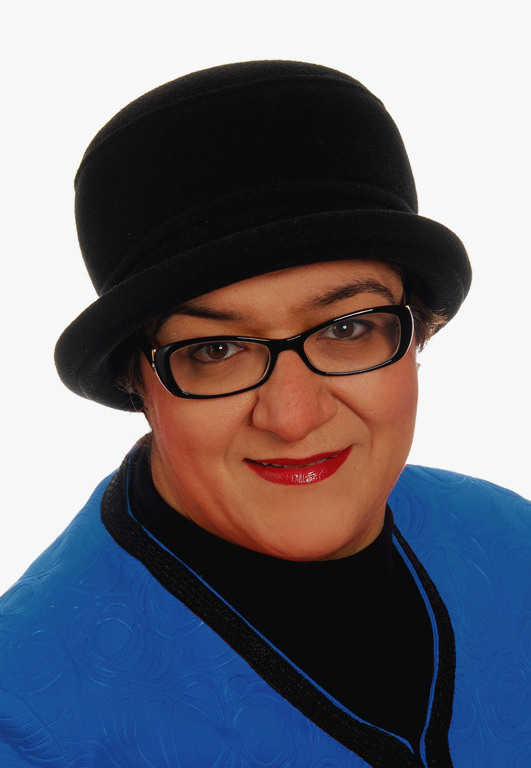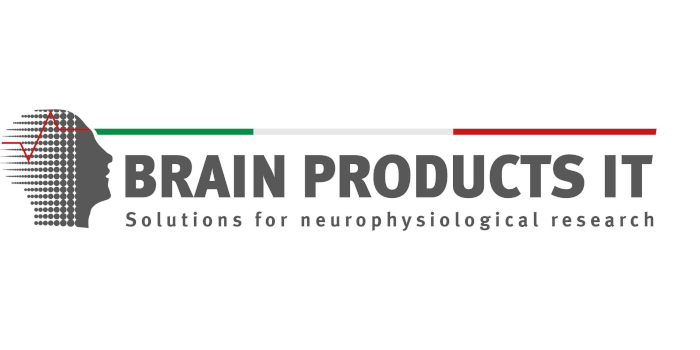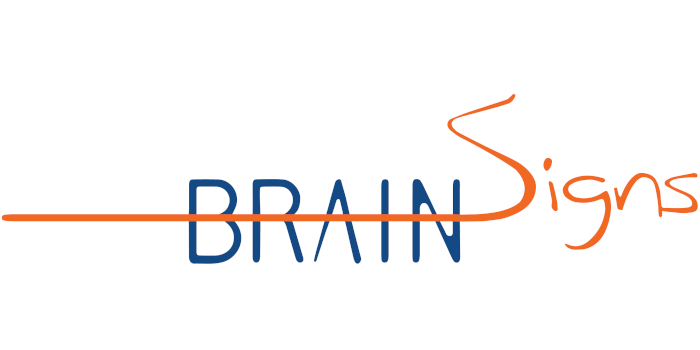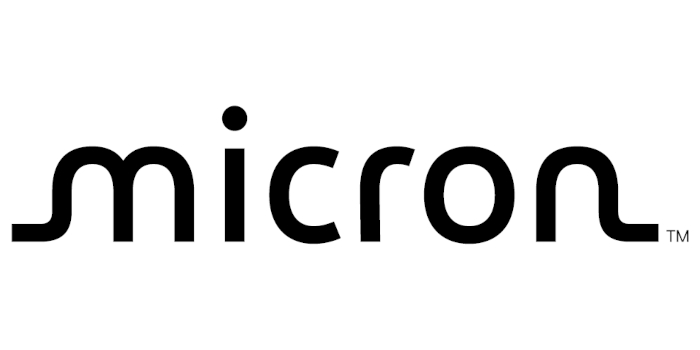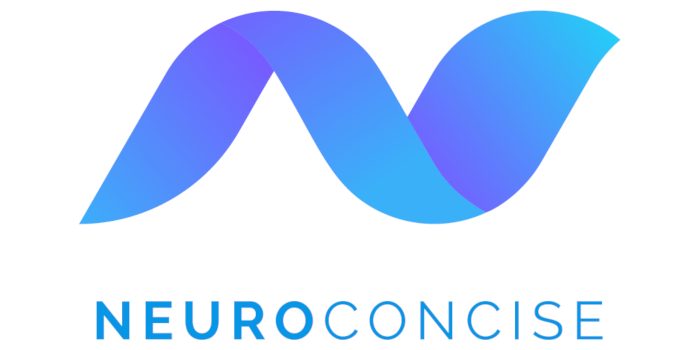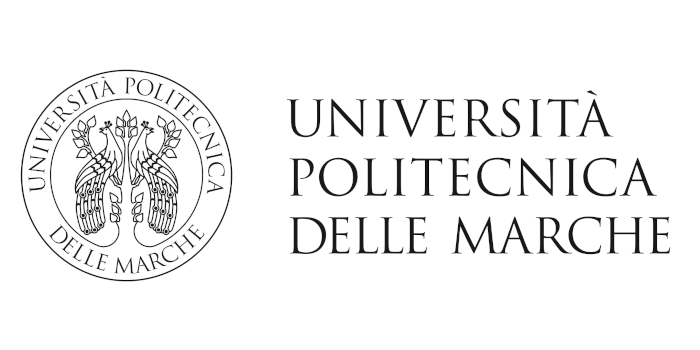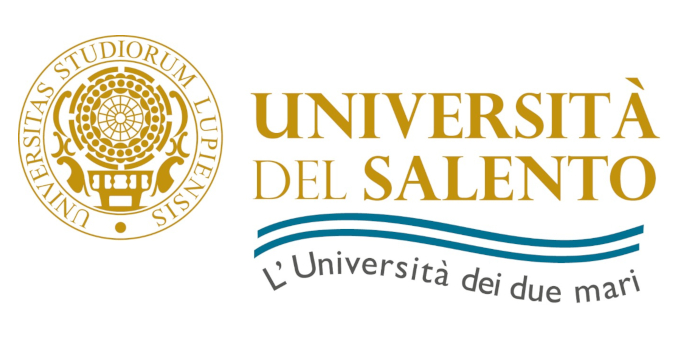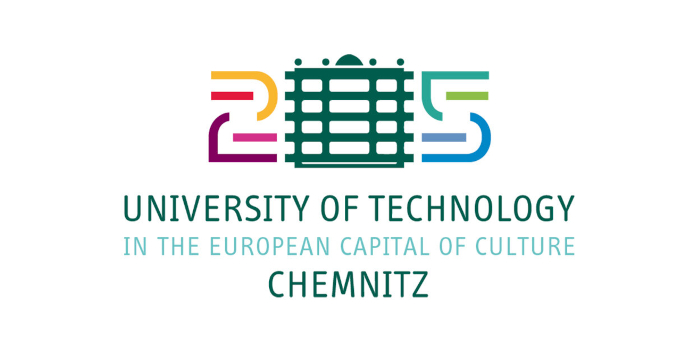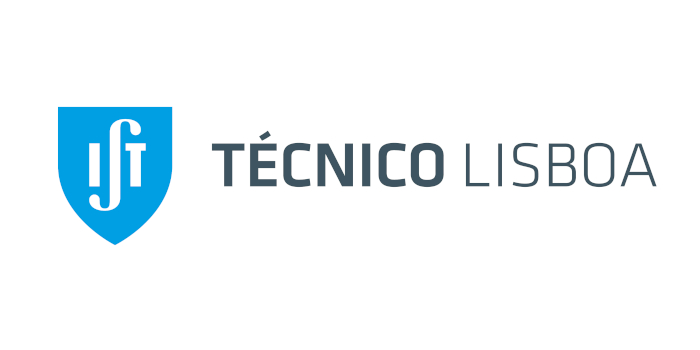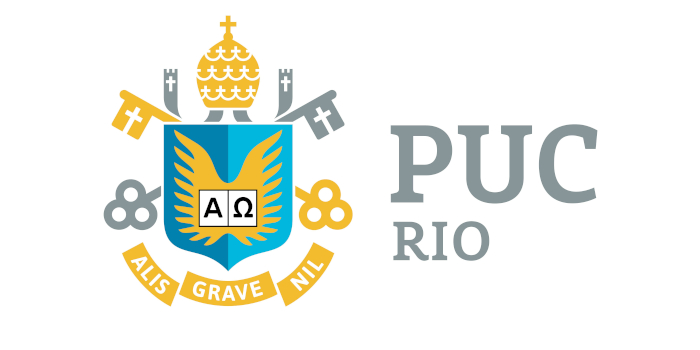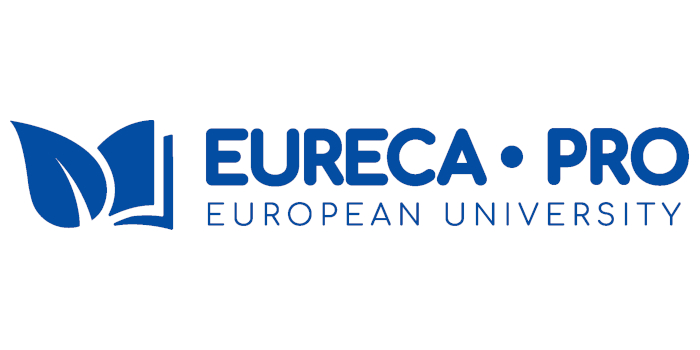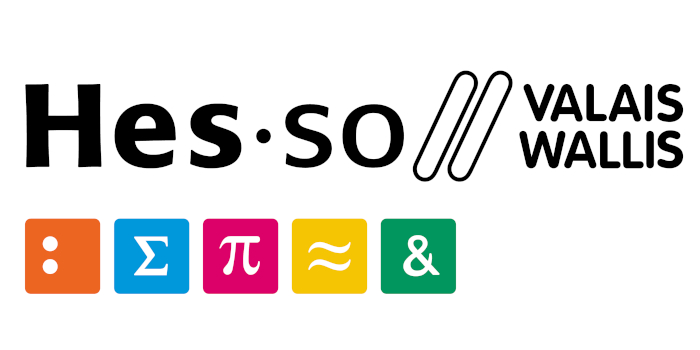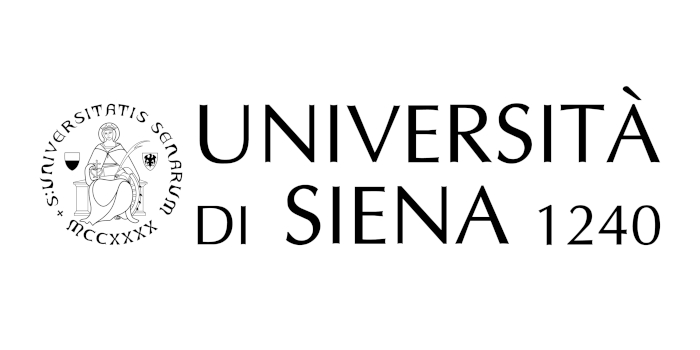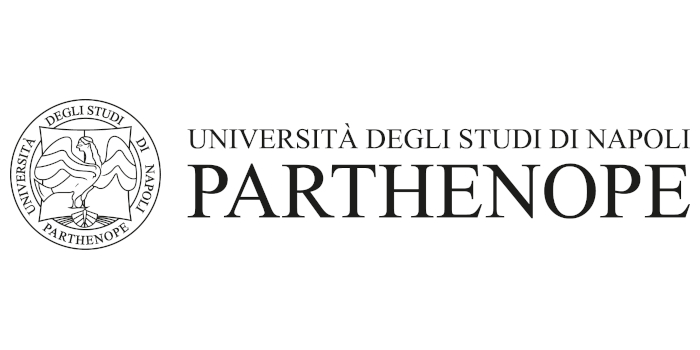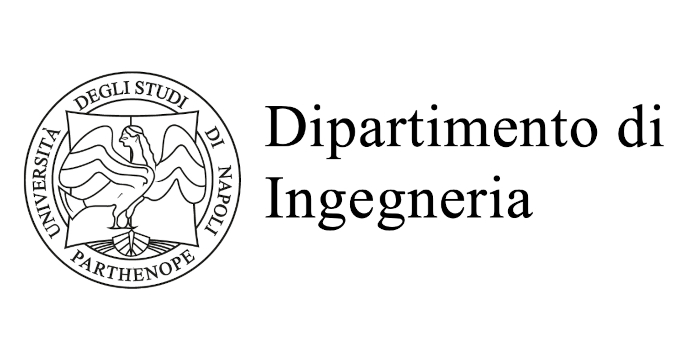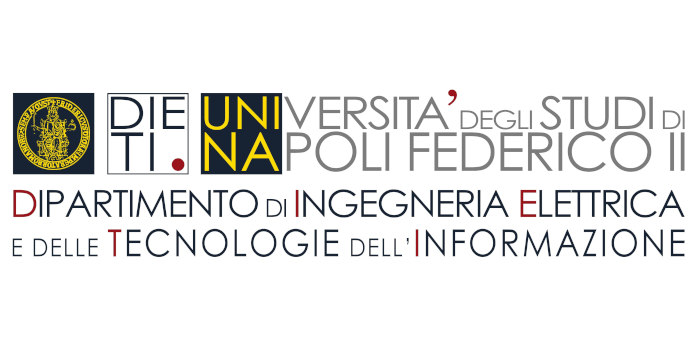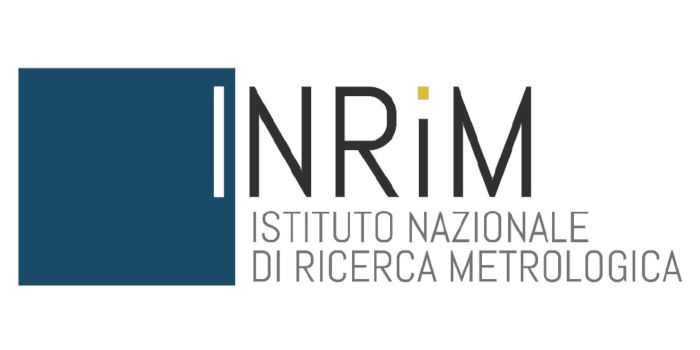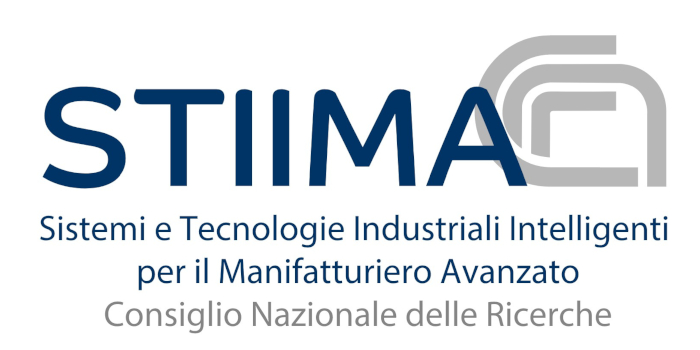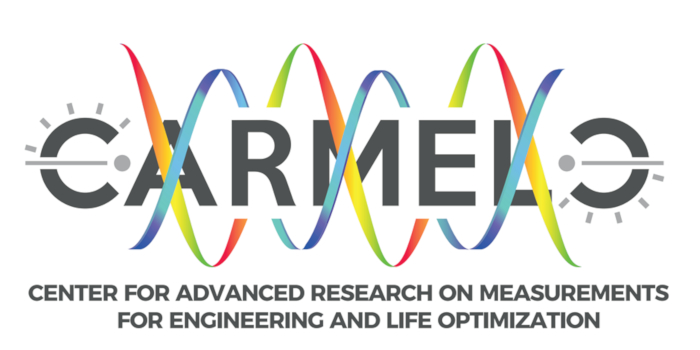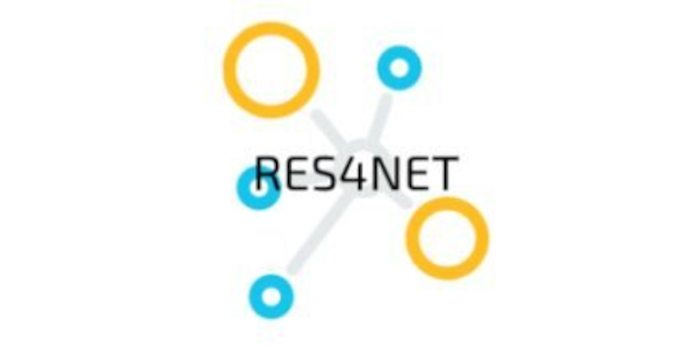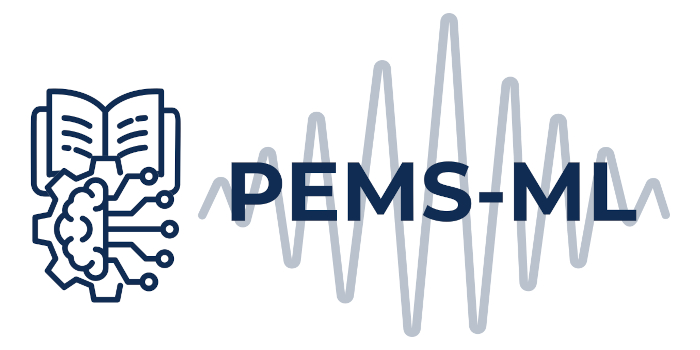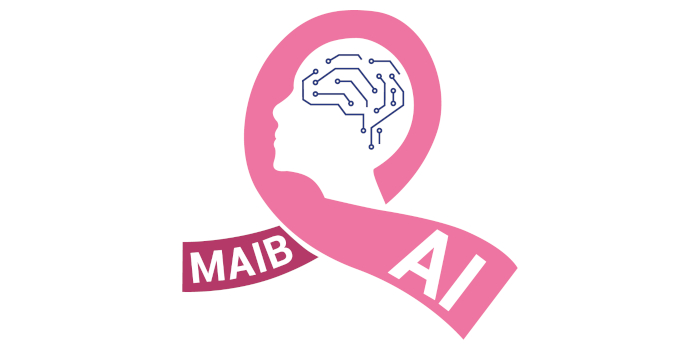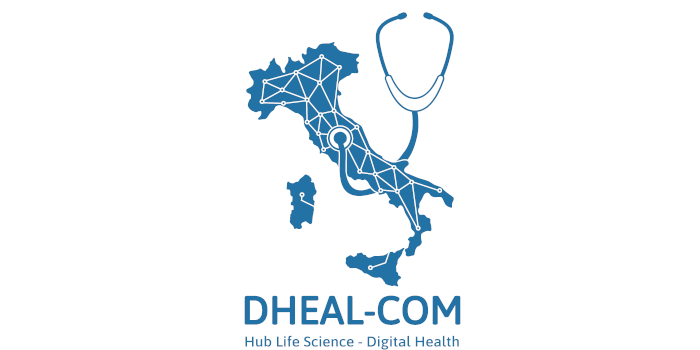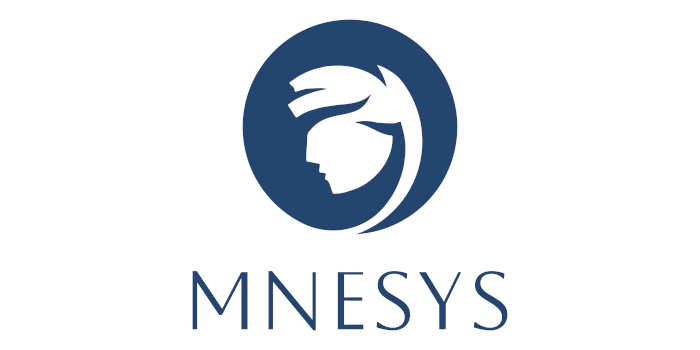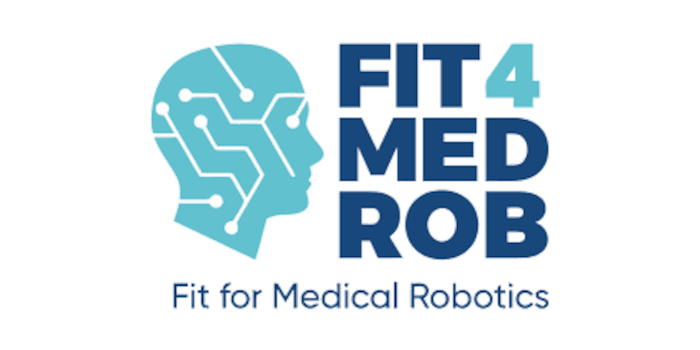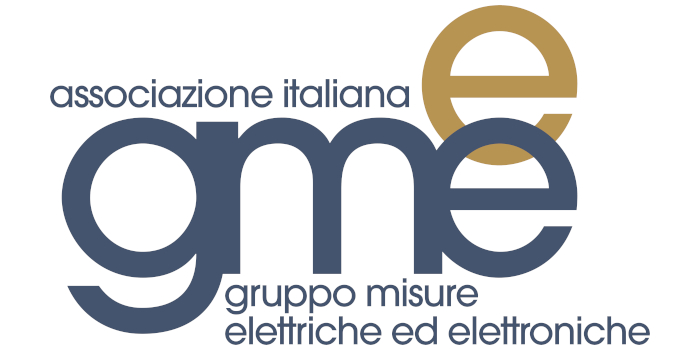KEYNOTE - OCTOBER 22, 2025
Redefining Human-Machine Interaction: Intelligent Camera-Free Wearable Gesture Recognition at the Edge
Olfa Kanoun
Professorship Measurement and Sensor Technology
Chemnitz University of Technology
ABSTRACT
In an increasingly interconnected world, intuitive and seamless human–machine interaction is essential. Gesture recognition plays a pivotal role in various fields, including healthcare, rehabilitation, robotics, and assistive technologies. Wearable sensing systems are of particular interest as they offer enhanced privacy, robustness and practical applicability in real-world settings by enabling camera-free gesture recognition methods.
These methods use advanced sensing technologies, such as electrical impedance tomography (EIT), force myography (FMG), surface electromyography (sEMG) and novel nanocomposite-based pressure and strain sensors, to detect the physiological and biomechanical signals related to gesture execution. Recent breakthroughs in sensor integration, signal processing, and embedded machine learning enable the design of ultra-efficient, real-time classification systems that are suitable for deployment on resource-constrained edge devices. Compact, energy-efficient and context-resilient solutions can thereby realize a dynamic gesture recognition.
From high-accuracy sign language interpretation to real-time robotic programming and continuous rehabilitation monitoring, wearable, camera-free technologies are setting new standards for gesture-based interaction. This talk outlines a forward-looking vision for smart, secure and inclusive human–machine communication, driven by the convergence of sensing innovation and edge intelligence.
SPEAKER BIOGRAPHY
Olfa Kanoun is a Full Professor of measurement and sensor technology at Chemnitz University of Technology, Germany. She received her diploma in electrical engineering and information technology from the Technical University of Munich in 1995 and her Ph.D. from the University of Bundeswehr Munich in 2001. Prof. Kanoun is a world-renowned expert in sensors and sensor system design with over two decades of experience. Her research focuses on impedance spectroscopy, impedimetric sensors, energy harvesting, wireless sensors, and micro- and nanosensors. Her expertise extends to self-powered wireless sensors, energy transfer, and flexible polymer sensors based on nanomaterials for physical and chemical measurements. She has made several significant contributions to the development of intelligent field sensors based on impedance spectroscopy, wireless sensors, and sensor systems based on nanotechnology. In 2022 she served as co-chair of the collaborative research center on hybrid society where she elaborated manifold methods of camera-free hand gesture recognition.
She has been recognized as one of the 2% world's best scientists since 2019, according to an analysis by Ioannidis et al.. In 2018 she has been awarded by the Faculty Course Award of the IEEE IM Society and in 2022 by the IEEE IM Society Technical Award for pioneering the evolution of impedance spectroscopy from laboratory scale to field sensors.
Throughout her career, Prof. Kanoun has led numerous fundamental research and collaborative projects. She supervised more than 50 dissertations and has published over 700 papers in peer-reviewed scientific journals and international conferences.


